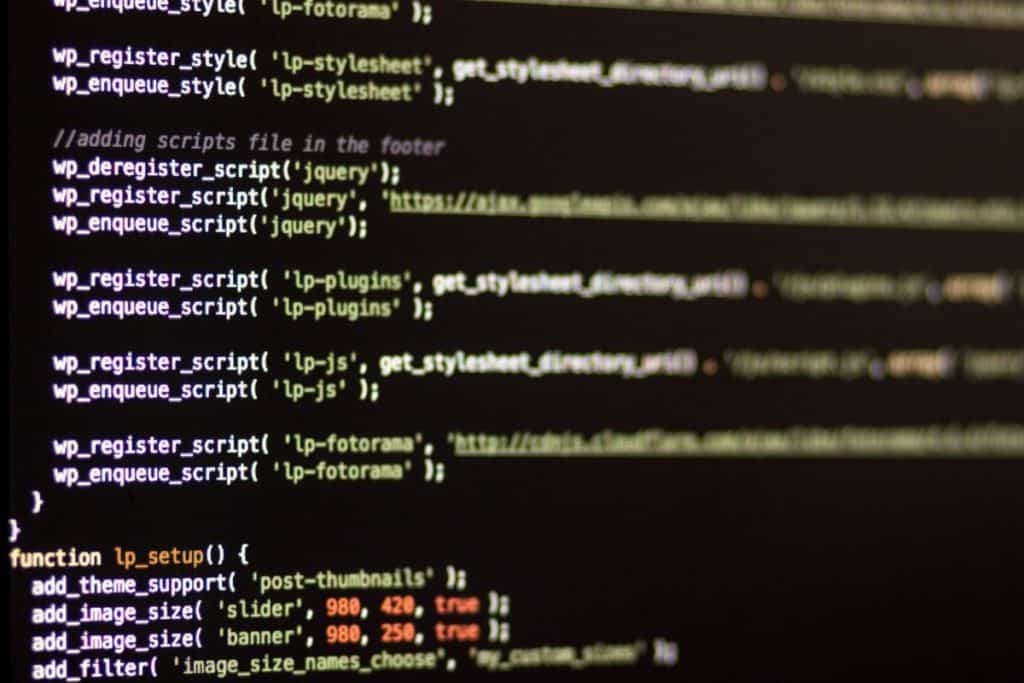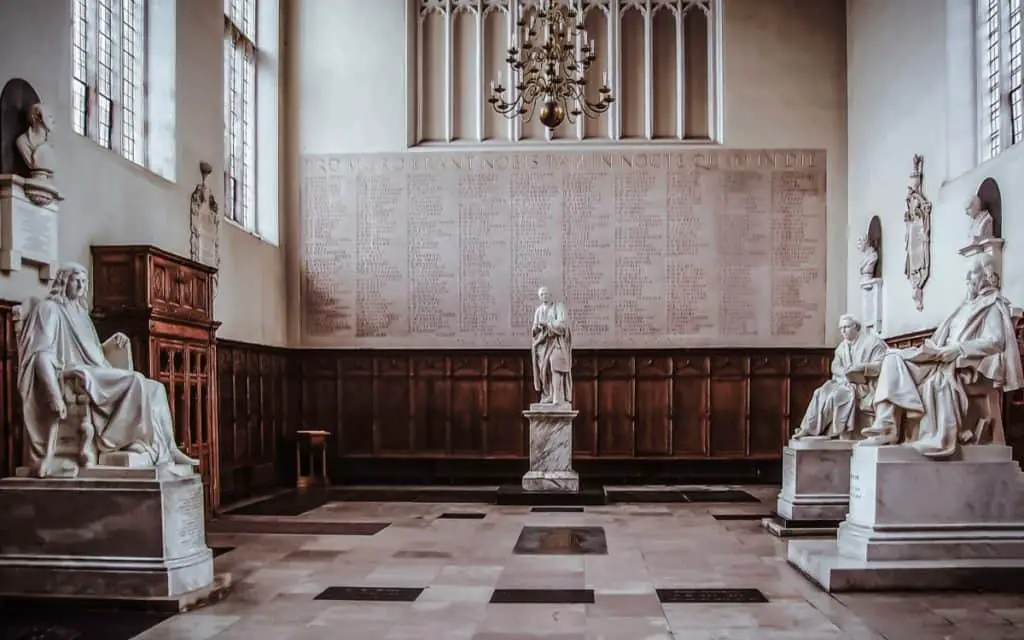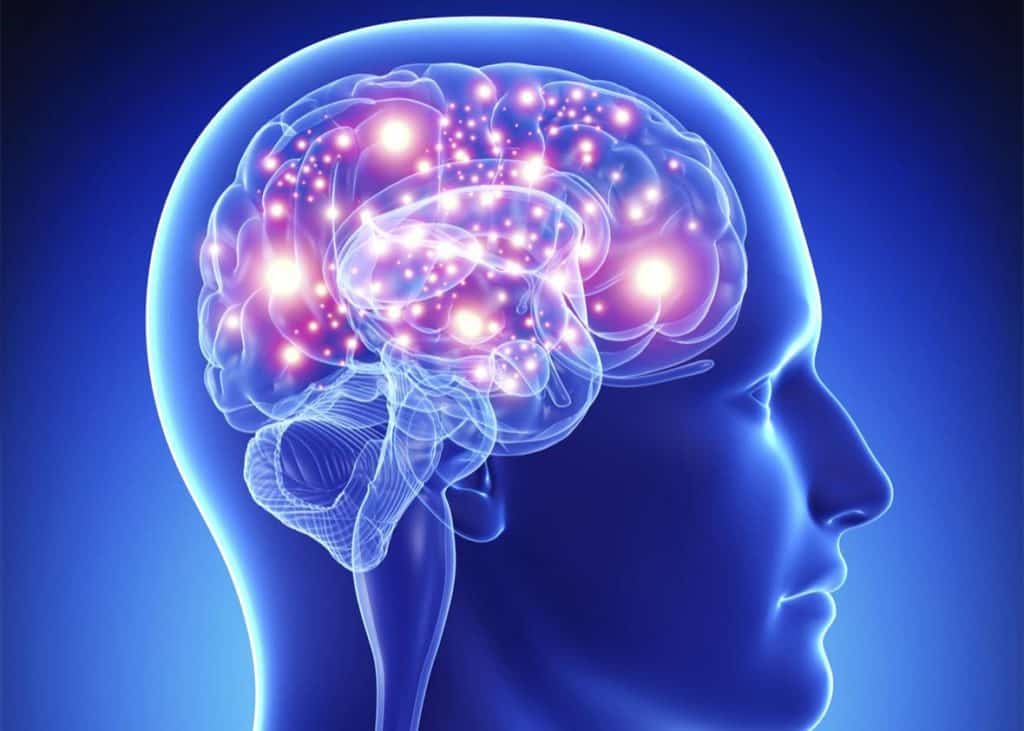Autodidacts or self-taught individuals choose their subjects and study materials on their own, refusing to be bound by the construct of formal education. Some of the greatest and most successful people in history have been and continue to be autodidacts, but one does not hear very often about them nor see their names engraved in the great halls of our educational institutions. This does make one wonder how rare autodidacts really are.
Autodidacts are not rare, especially in today’s world. Anyone who seeks knowledge on their own is considered to be an autodidact. It has been seen that with the advent of modern educational tools, knowledge banks, and resources, the number of autodidacts has also risen.
To understand whether autodidacts are truly as rare as some might be led to believe, one must understand how autodidacts came to be, and how the culture of self-learning has evolved over the centuries. This article will explore the factors that shaped the culture of self-learning across civilizations.
First Recorded Account of an Autodidact
The practice of self-learning, also known as autodidactism, is age-old. Ibn Tufail had mentioned the practice of autodidactism in his book Hayy Ibn Yaqdhan, commonly translated to “The Self-Taught Philosopher.” The hero in this book is portrayed as an autodidact who has immersed himself in the study of nature and how he manages to learn and control the different aspects of nature through his intellectual instruments of logic and reason.
This story shows that human reason, even when guided solely by themselves, can be successful in learning and discovering things on their own and, consequently, going on to achieve knowledge and wisdom.
Autodidacts Emerged to Break Free From the Formal Education System

A formal education system works on the principles of a structured and limited course delivered by trained teachers. This construct is both time-bound and limited in terms of study materials and scope. On the other hand, autodidacts have the privilege of choosing their subjects and study materials and even the pace at which they would like to progress.
However, there have been autodidacts in the past who had formal education and then moved on to self-learning to enhance their knowledge in particular subjects. History is full of examples of such successful autodidacts, as is today’s world.
Historical Events Chronicling the Rise of Autodidactism
Political struggles across geographies have witnessed the rise of autodidactism. Those with a hunger for knowledge began to take matters into their own hands.
From the unrest relating to Sufism in twelfth-century Marrakesh to the controversies concerning astrology in Renaissance Florence – autodidacts have always presented a case for self-teaching and discovery to refute the notions and convictions imposed by intellectual establishments, in light of newfound discoveries, new inventions and the laws of nature.
In the book, Self-Taught: African American Education in Slavery and Freedom, the writer, Heather Andrea Williams examines the African American community’s relationship to literacy during slavery, and the American Civil War, and in the first few decades of freedom.
The book carries accounts of individuals who, despite the challenges, managed to devise creative means to acquire literacy and went on to become the first teachers of other freed people.
Autodidacts Often Find Mention in Literature and Films
Many works of literature have mention of autodidacts – from the protagonist of Jack London’s novel, Martin Eden to Jean-Paul Sartre’s book, Nausea, both have autodidacts as their pivotal characters.
In a Hindu epic, the Mahabharata, there is a famous story of an autodidact by the name of Ekalavya. He was denied an education in archery because of his background. Undeterred, Ekalavya went to the forest and learned the skills of archery on his own.
In films, the 1997 drama, Good Will Hunting, follows the story of an autodidact, Will Hunting, who demonstrates the depth and breadth of his knowledge, most of which is self-acquired, throughout the film. In another television series, Suits, the protagonist is seen dealing with highly complex legal matters even though he had never received any formal legal education.
Autodidacts in Mainstream Professions

Autodidacts can also be found in almost all mainstream professions. From engineers to architects and even program developers – autodidacts have made their foray into every mainstream profession.
James Watt, a surveyor and instrument maker in the 1700s, was an autodidact known for making significant improvements to the steam engine. Some of the greatest architects of the modern world have also been autodidacts. Jean Prouvé was a metalworker who later went on to become a self-taught architect and designer.
In the world of programming, Ada Lovelace, a self-taught programmer, made her mark by creating the first algorithm to be run on a computer. Fran Allen, another self-taught programmer, went on to become the first woman to win the Turing Award.
In more recent times, autodidacts such as Steve Wozniak, Bill Gates, Mark Zuckerberg, and Elon Musk have changed the course of humanity’s collective history.
Recognition of Autodidacts As Professionals Under Law
It is a practice in many countries to include a grandfather clause in their legislation that allows self-taught professionals to continue practicing. The law takes cognizance of an individual’s past experience in the absence of a formal college degree.
For instance, in the UK, the Architects Registration Act 1931 allows self-trained architects with two years of experience to register. There are similar laws in France, Italy, and Belgium that recognize self-trained architects and treat them the same way as professionals.
The Benefit of Modern Educational Tools to Autodidacts
In the last few decades, modern educational tools and methods have started to become more accessible. The World Wide Web and online encyclopedias have made the concept of autodidactism increasingly popular. It has opened up endless possibilities for those seeking knowledge.
There are now people who have become the self-appointed evangelists of autodidactism. The internet is filled with hundreds of talks by autodidacts promoting the value of being self-taught. Here is one such video that walks you through the four steps to design your own education:
Autodidacts Appreciate the Liberty to Learn and Create
There is great freedom in choosing the areas of study that autodidacts enjoy. They also have the freedom to add to their study materials if they find any area of the subject particularly interesting. This allows them to dive deep into what interests them the most, making them more knowledgeable in their chosen field.
Autodidacts understand and appreciate the privilege of having the liberty to choose what they wish to learn and create. This is the reason why anyone with a genuine curiosity for knowledge often chooses the path of autodidactism. Some have even complimented their formal education with this approach.
Emulation of Autodidactism in Modern Education
These days, education in classrooms has also adopted the idea of inquiry-based learning. Students are encouraged to identify their own research topics and methods and are being provided with more opportunity to explore and curate knowledge – a practice that, undoubtedly, has its roots in autodidactism.
Future for Autodidacts
As colleges and universities offer more distance learning courses, and the ever-evolving technology provides a continuously expanding knowledge bank, more and more individuals are likely to find themselves on the path of self-directed learning. With the recognition of autodidactism at workplaces through legislation and hiring practices, autodidacts will soon become more common.
Conclusion
Autodidacts have made many notable contributions to the world. While there is still a gap to bridge between self-teaching and institutional teaching, more and more people have begun to see the benefit of autodidactism.
Sources
- Wikipedia: Autodidacticism
- Google Books: Reading Hayy Ibn-Yaqzan – A Cross Cultural History of Autodidactism
- Wikipedia: List of Autodidacts
- Google Scholar: The Autodidact, the Pursuit of Subversive Knowledge and the Politics of Change
- Wikipedia: Formal Learning
- Google Books: Self Taught – African American Education In Slavery and Freedom
- Architects (Registration) Act, 1931
- MOOC News and Reviews: The Return of the Autodidact
- Medium: The Ten Greatest Self-Taught Programmers of All Time
- WikiHow: Become an Autodidact







I am an autodidact. For instance, I taught myself Relativity and Quantum Mechanics when I was 18. I had a knee operation at that time and had to spend 3 weeks in the Navy Hospital in San Diego so I brought along Arthur Edington’s book “Space, Time and Gravitation” and another book about Quantum Mechanics to pass the time. I read those books while I was there and found them to be very interesting. I have carried several questions regarding Relativity through my life since then but Quantum Mechanics seems very intuitive to me. I recently learned that Einstein had those same questions about Relativity.